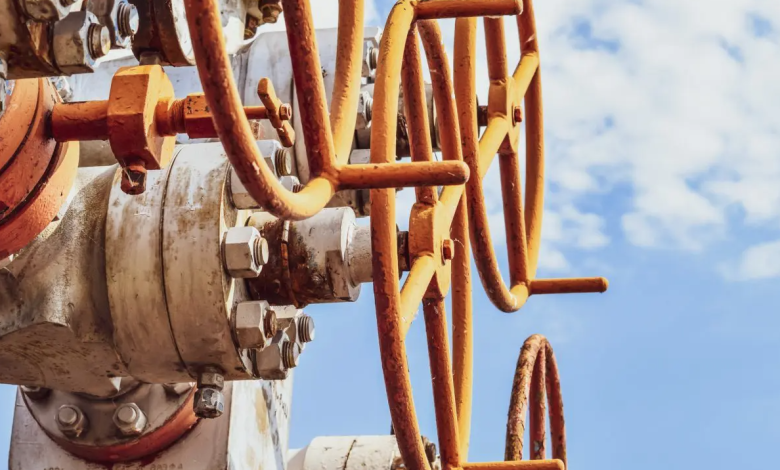Oil sanctions on Russia, Opec leaves the match in the hands of the EU
EU still uncertain whether to put oil sanctions on Russia
(Sustainabilityenvironment.com) – Representatives of Brussels and the Organization of Petroleum Exporting Countries met in Vienna to take stock of the possibility of oil sanctions on Russia. Europe does not convince the crude oil-exporting countries. No rapid increase in production, Opec wants to stick to its roadmap without derogations. Consequently, no help will be given to quickly rebalance the market if oil sanctions on Russia come into force. The message is clear: if you decide to turn off Moscow’s spigot, you are jumping the gun. And you push the whole world towards one of the worst oil shocks ever.
The EU is demanding that they increase production to replace at least some of Russia’s crude volume. Opec has a roadmap to put the pandemic shock behind it – established with Russia – and continues to say no. It will only release an additional 432,000 barrels per day in May, as planned.
Oil sanctions on Russia don’t satisfy Opec
“We could potentially see the loss of more than 7 million barrels per day (bpd) of Russian oil and other liquids exports, resulting from current and future sanctions or other voluntary actions,” OPEC Secretary General Mohammad Barkindo said.
These are technical reasons, but behind them, there are other political reasons.
The main problem for Opec is spare capacity. There are very few countries really able to increase production in a hurry (especially Saudi Arabia and United Arab Emirates).
But there are two shortcuts: give Iran’s crude a green light, or Venezuela’s – both under sanctions. With Iran, nuclear negotiations are ongoing, and Russia, which is sitting at that table, is not facilitating the deal. With Caracas, the first negotiations on the U.S. side did not go well. But Opec has been rebalancing the oil market since 2016 thanks to the Russian crutch with the Opec+ format. And it has no intention of giving up this advantage. The clues are not lacking. Most Opec countries, in recent weeks, in the votes at the UN have not sided against Russia.
“These crises have added up to create a highly volatile market,” Barkindo said, referring to the energy crisis and the invasion of Ukraine. “I must stress, however, that these are non-fundamental factors that are totally out of our control at Opec.” So much so that Barkindo, to EU Energy Commissioner Kadri Simson, made it clear that the problem is European, at most Western, and that Opec has no obligation to get involved.
In other words, Opec has a duty to rebalance the markets, but when the distortions depend only on supply and demand. Other types of shocks are out of our hands.
Simson also wanted to gain a yes vote in order to have a few more arguments with the more reluctant EU countries and thus strengthen the tools already put in place for EU energy security. In Europe, there is still a lack of consensus on imposing oil sanctions on Russia. Ireland, Lithuania and Denmark are among those pushing hardest. On the other side of the fence, Germany continues to hold back. There will be an embargo but only in due time, without rushing: the priority is not to shoot oneself in the foot, damaging the EU economy more than the Russian one.






